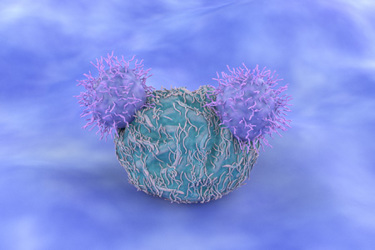Converting iPSC To T Cells: Key Challenges And Considerations

Chimeric antigen receptor (CAR)-engineered T cells (CAR-T) have shown promise in treating cancer, but there are challenges in obtaining enough T cells for therapy. Human induced pluripotent stem cells (iPSCs) have the potential to overcome this limitation by providing an unlimited source of T cells. However, differentiating iPSCs into T cells is not straightforward and requires a deep understanding of the signaling pathways and factors involved.
To ensure the functionality and stability of iPSC-derived T cells, lineage commitment and cell fate stability must be carefully considered. Despite these challenges, iPSC-derived T cells have advantages such as high proliferation potential and effectiveness against specific antigens. However, clone selection, appropriate culture media, and understanding the interplay between signaling pathways and transcriptional networks remain obstacles.
Another hurdle in the development of iPSC-derived T cell therapies is the lengthy and complex production process, which presents challenges in process development and manufacturing. Currently, iPSC-based T cell therapies are in pre-clinical and clinical trials, but the challenge of scaling up production for multiple clinical doses has not been addressed.
Addressing the biological considerations in iPSC differentiation for cell therapy applications is crucial for ensuring the safety, stability, and functionality of the resulting cells. Overcoming these challenges will be essential in fully realizing the potential of iPSC-based T cell therapies for the treatment of various diseases.
While there are obstacles to overcome in the development of iPSC-derived T cell therapies, the potential benefits are significant. Explore how by addressing the challenges in differentiation, clone selection, and manufacturing, iPSC-based T cell therapies could revolutionize cancer treatment and other diseases.
Get unlimited access to:
Enter your credentials below to log in. Not yet a member of Cell & Gene? Subscribe today.
